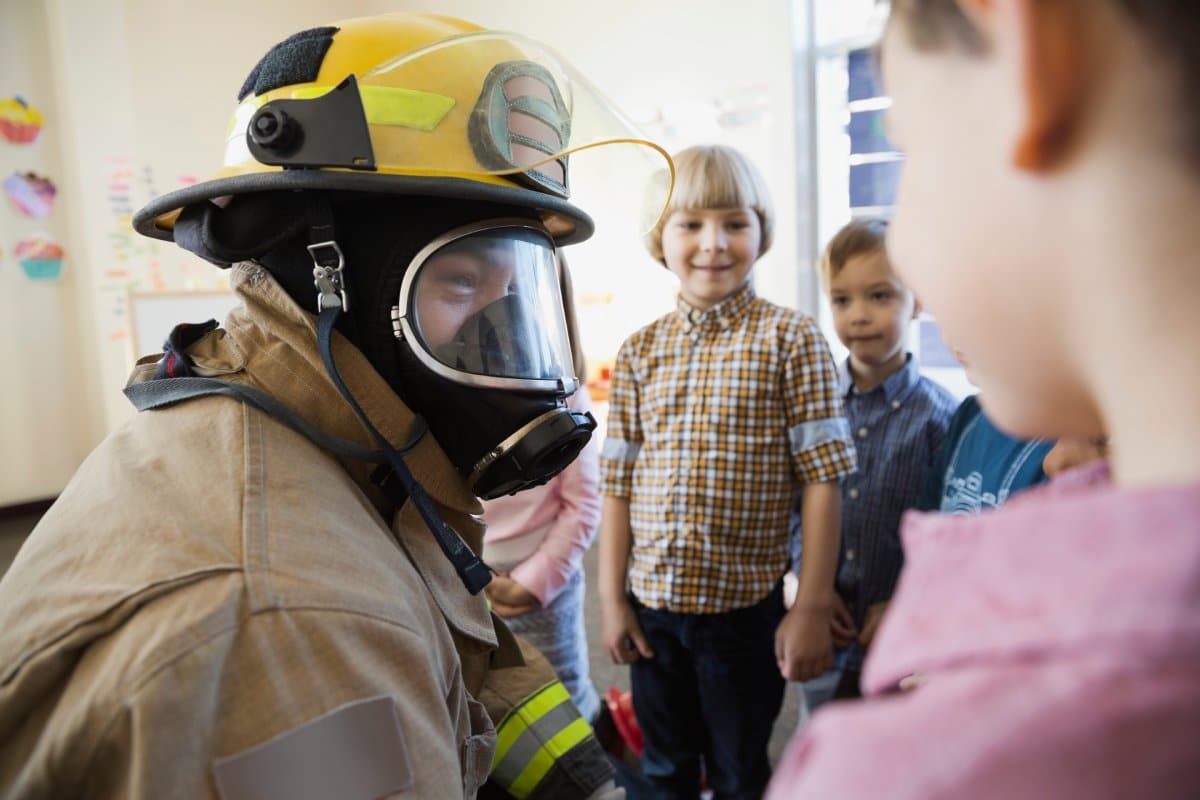Emergencies can happen anytime, and your child’s quick thinking could make a huge difference. Here are 20 practical ways to teach your kid essential emergency skills that might save your life.
1. Teach Them How to Call 911

Explain when and how to call 911. Practice with them so they can confidently state your address and describe the emergency.
2. Memorize Important Information

Ensure your child knows essential details like your phone number, home address, and full names of family members. This information is crucial for emergency responders.
3. Recognize Emergencies

Help your child understand what constitutes an emergency. Discuss scenarios like fires, medical issues, or intruders, and explain the appropriate actions to take.
4. Practice Staying Calm

Teach your child techniques to stay calm during stressful situations. Simple breathing exercises can help them think clearly and act effectively.
5. Use Safety Equipment

Show them how to use safety equipment like fire extinguishers, first aid kits, and smoke detectors. Practice using these items together.
6. Identify Safe Spots

Designate safe spots in your home for various emergencies. Practice evacuation routes and discuss the safest places to go during a fire or severe weather.
7. Basic First Aid

Teach basic first aid skills, such as how to apply a bandage, clean a wound, and perform CPR. Consider enrolling them in a child-friendly first aid course.
8. Emergency Contact List

Create an emergency contact list and keep it accessible. Make sure your child knows how to use it and who to call when you’re not available.
9. Role-Playing Scenarios

Role-play different emergency scenarios to reinforce learning. This practice can help your child respond more effectively when faced with a real situation.
10. Home Security

Teach your child about home security measures, like locking doors and windows. Show them how to activate and deactivate alarm systems if you have them.
11. Understanding Allergies

If anyone in your family has allergies, teach your child how to recognize symptoms and use an EpiPen if necessary. Discuss what to do in case of an allergic reaction.
12. Fire Safety Drills

Regularly practice fire safety drills. Teach them to stop, drop, and roll if their clothes catch fire, and how to crawl low under smoke.
13. Water Safety

If you have a pool or live near water, teach your child about water safety. Ensure they know how to swim and understand the importance of never swimming alone.
14. Stranger Danger

Discuss the concept of stranger danger. Teach them how to identify and avoid potentially dangerous situations involving strangers.
15. Emergency Signals

Agree on simple emergency signals or codes that you can use to communicate urgent situations. This can be a specific phrase or action that alerts them to danger.
16. Vehicle Emergencies

Teach them what to do if there’s an emergency while you’re driving. Show them how to use the hazard lights, call for help, and safely exit the vehicle.
17. Internet Safety

Educate your child about internet safety and the importance of not sharing personal information online. Teach them to recognize and report suspicious behavior.
18. Power Outage Preparedness

Prepare for power outages by teaching them how to use flashlights, locate emergency supplies, and stay safe until power is restored.
19. Food and Water Storage

Show your child where emergency food and water supplies are stored. Explain the importance of conserving resources during a prolonged emergency.
20. Community Helpers

Teach your child about community helpers like police officers, firefighters, and paramedics. Explain how these individuals can assist during emergencies and when to seek their help.
Reflecting on Emergency Preparedness

By equipping your child with these emergency skills, you’re not only ensuring their safety but also empowering them to act confidently in critical situations. How prepared is your family for an emergency, and what steps can you take today to improve your readiness?
Featured Image Credit: Shutterstock / Hero Images Inc.
For transparency, this content was partly developed with AI assistance and carefully curated by an experienced editor to be informative and ensure accuracy.





